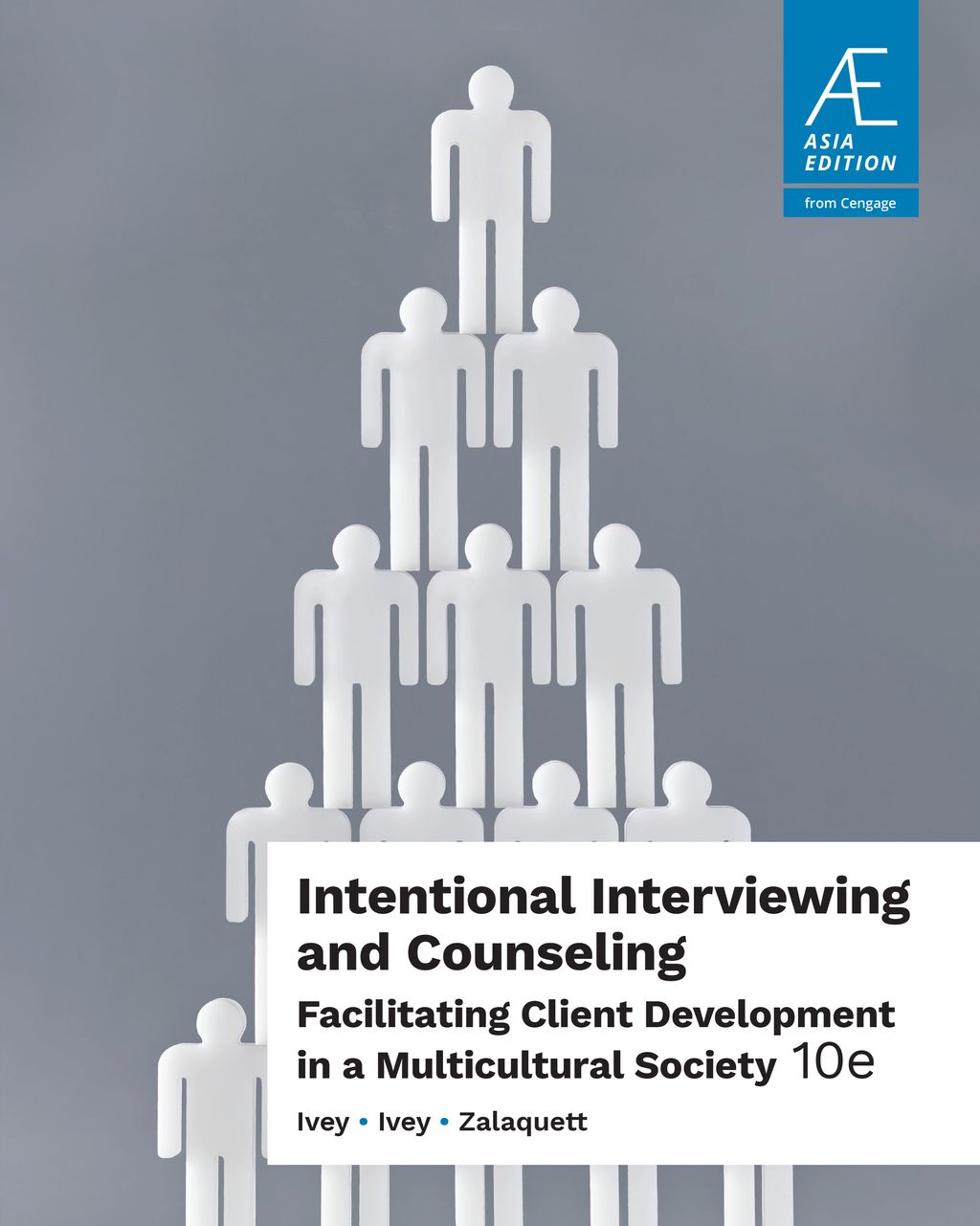Table of Contents
Preface and Introduction.
Demystifying the Helping Process.
Section I: THE FOUNDATIONS OF COUNSELING AND PSYCHOTHERAPY.
1. Intentional Interviewing, Counseling, and Psychotherapy.
2. Ethics And Multicultural Competence: Stress and Trauma, Building Resilience
3. Listening, Attending and Empathy: Essential for Relationship Building
4. Observation Skills.
Section II: THE BASIC LISTENING SEQUENCE: HOW TO ORGANIZE A SESSION.
5. Questions: Opening Communication.
6. Encouraging, Paraphrasing, and Summarizing: Active Listening and Cognition.
7. Observing and Reflecting Feelings: The Heart of Empathic Understanding.
8. How to Conduct a Five-Stage Counseling Session Using Only Listening Skills.
Section III: FOCUSING AND EMPATHIC CONFRONTATION: NEUROSCIENCE, MEMORY, AND THE INFLUENCING SKILLS.
9. Focusing the Counseling Session: Contextualizing and Broadening the Story.
10. Empathic Confrontation and the Creative New: Identifying and Challenging Client Conflict.
Section IV: INTERPERSONAL INFLUENCING SKILLS FOR CREATIVE CHANGE.
11. Reflection of Meaning and Interpretation/Reframing: Helping Clients Restory Their Lives.
12. Action Skills for Building Resilience and Managing Stress: Self-Disclosure, Feedback, Logical Consequences, Directives/Instruction, and Psychoeducation.
Section V: SKILL INTEGRATION, THEORY INTO PRACTICE, AND DETERMINING PERSONAL STYLE.
13. Counseling Theory and Practice: How to Integrate the Microskills Approach with Multiple Approaches.
14. Skill Integration and Determining Personal Style.
Appendix I: The Ivey Taxonomy: Definitions of the Microskills and Strategies with Anticipated Client Response.
Appendix II: Ethics.
Appendix III: The Family Genogram.
Appendix IV: Counseling, Neuroscience/Neurobiology, and Microskills.
Appendix V: Therapeutic Lifestyle Changes: An Instrument for Assessment and Treatment Planning.

